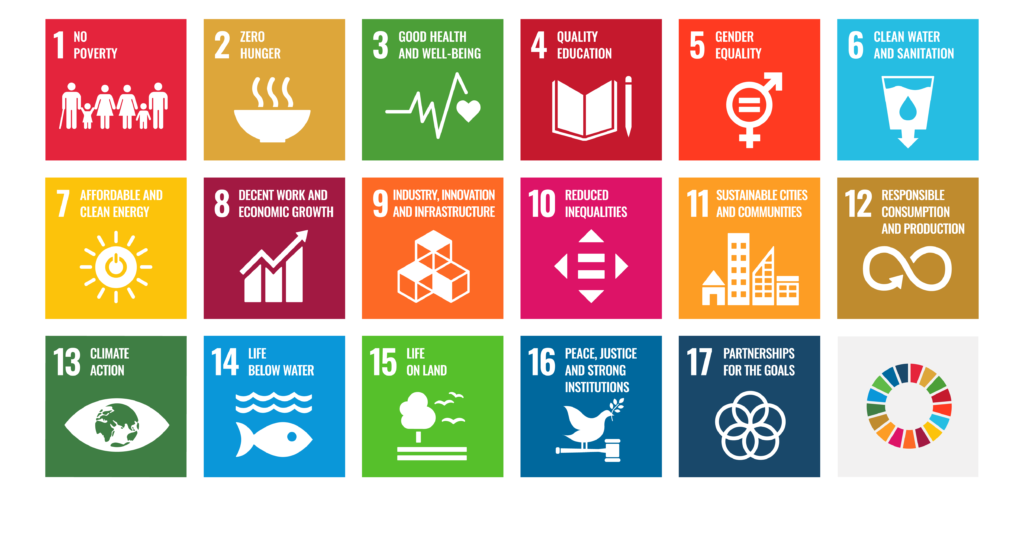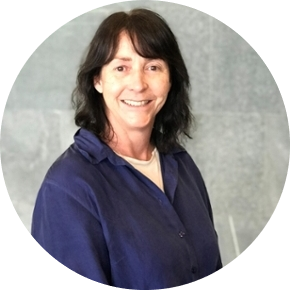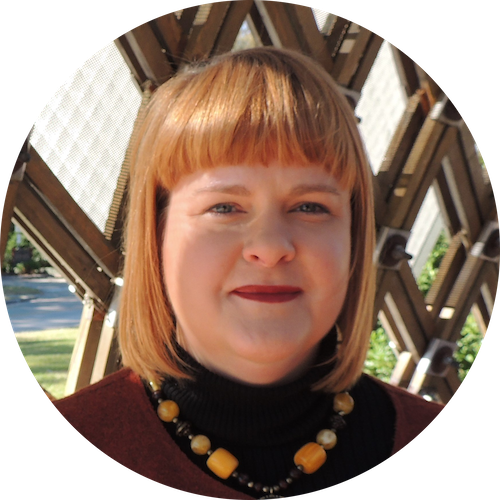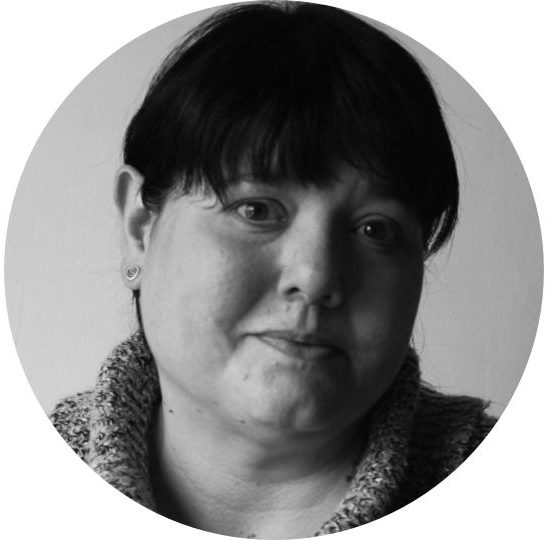The Roles of Law, Religion and Housing Through the United Nations Sustainable Development Goals (UN SDGs)

Photo of the United Nations Headquarters, Geneva by John Samuel (CC BY-SA 4.0).
On March 21, 2024, the Center for the Study of Law and Religion at Emory University (CSLR) and Canopy Forum hosted a virtual conference to address the global challenges of homelessness, housing policy and housing vulnerability through the lens of the UN SDGs.


United Nations’ 17 Sustainable Development Goals
(The content of this publication has not been approved by the United Nations
and does not reflect the views of the United Nations or its officials or Member States)
The United Nations has identified seventeen Sustainable Development Goals (SDGs), which include the world’s best plans to end poverty, reduce inequalities, and ensure good health and well-being, as well as access to quality education, clean water and sanitation, to name but a few. The aim of these goals is to call all countries to action, to promote prosperity and consideration for all people, while protecting the planet.
Architecture and the built environment impact the wellbeing of societies and shape the future of cities, but increasing social inequality is demanding a shift away from conventional thinking about how the environment is conceived, planned, and formed. Recent natural disasters and humanitarian emergencies, caused by climate change, conflict and poverty, have led to mass migration, and as millions are displaced into homelessness or transitional housing, the shortage of affordable housing in urban areas is once again highlighted. Advocates increasingly refer not to “homelessness,” which suggests lack of status and dignity, but to the “unhoused” to emphasize the problem’s roots in the deliberate or negligent policies and choices in law and governance.
Around the world, squatters are often forced to illegally occupy derelict buildings and turn them into informal housing. Recently, a fire tore through such a hijacked building in central Johannesburg, killing at least 76 people, including 12 children. However, hazardous housing is not limited to illegal occupation. Fire, flooding, and other disasters disproportionately impact the world’s poor. The promise of the UN SDGs, to “leave no one behind”, can only be fulfilled if architecture is seen as a human right and if critical issues of homelessness are addressed. These challenging situations are complicated by economic, social, legal, theological, and cultural questions that merit analysis and attention.
Presentations and essays explore diverse issues related to the UN SDGs and the hazards of housing, drawing on both theoretical perspectives and specific examples, for example:
- What are the roles of law and religion in the plight of the homeless?
- How can risks associated with the living environments of the poor be reduced?
- How can recent climate change disasters, such as extreme weather, wildfires, heatwaves, drought, and floods be addressed through the UN SDG’s?
- How can legal and religious professionals and organizations help communities to adapt or recover from the social, cultural, economic, and political effects of climate events?
- To what extent can law and architecture collaborate in framing affordable, sustainable, and resilient housing as a human right?
- Through what sorts of ministries and programs do religious groups assist in housing and emergency shelter projects?
- How does the UN’s aim of “leaving no one behind” address housing for urban refugees?
- How can architects contribute to a changing social climate and design for inclusivity and the needs of different people?

“The Housing Plight of Refugees”
Yolanda van der Vyver is a practicing architect and academic with an interest in the convergence of law, religion and architecture. Dr. van der Vyver is the conference organizer for this special series.

Heleen du Toit is a Professional Architect and is currently enrolled as an MSc student in Sustainable Development at Uppsala University in Sweden. She attended an Erasmus Exchange semester in the Law Faculty at Vrije Universiteit in Amsterdam, where her study focus was Human Rights and Migration.

“Housing Rights, Citizen Rights, And Human Dignity: The Case Of Voting While Unhoused”
M. Christian Green is Editor and Senior fellow at the CSLR, Co-Editor and Special Content Editor of the Journal of Law and Religion, Associate Editor of Canopy Forum and Publications Manager of ACLARS.

“Participatory Design Produces a Vibrant Dynamic Urban Environment”
Carin Smuts is completing her master’s research at the University of the Free State (UFS) in South Africa and is a founding member of CS Studio Architects.

Yasmin Mayat and Brendan Hart both completed their professional architectural degrees at the University of the Witwatersrand in Johannesburg and their Master of Philosophy in Conservation of the Built Environment at the University of Cape Town. They are founding principals of Mayat Hart Architects and Heritage Consultants, an award-winning architectural and heritage practice that combines architecture, research, conservation and advocacy with considered projects that aim to respond to the rich and complex architectural and social history of the South Africa. Both teach at the University of the Witwatersrand.

“The Elusive Quest for a Fundamental Right to Housing”
Terri Montague is a McDonald Distinguished Senior Fellow and Senior Lecturer in Law at Emory University School of Law and a Distinguished Fellow with the Center for the Study of Law and Religion at Emory University. Dr. Montague’s contribution is upcoming.

“Homelessness, Housing and Spatial Justice in the Inner City”
Marianne de Klerk holds a Bachelor of Architecture from the University of Pretoria; was awarded a Fulbright Scholarship and subsequently obtained two master’s degrees in architecture and urban planning from the Massachusetts Institute of Technology in the United States.

Xander Ehlers has lectured Jurisprudence in the Faculty of Law at the University of Pretoria and worked as a researcher on socio-economic rights and mining-affected communities with NGOs. He currently works on legal and philosophical aspects of land reform and privacy protection while pursuing postgraduate work. He writes in his personal capacity.

